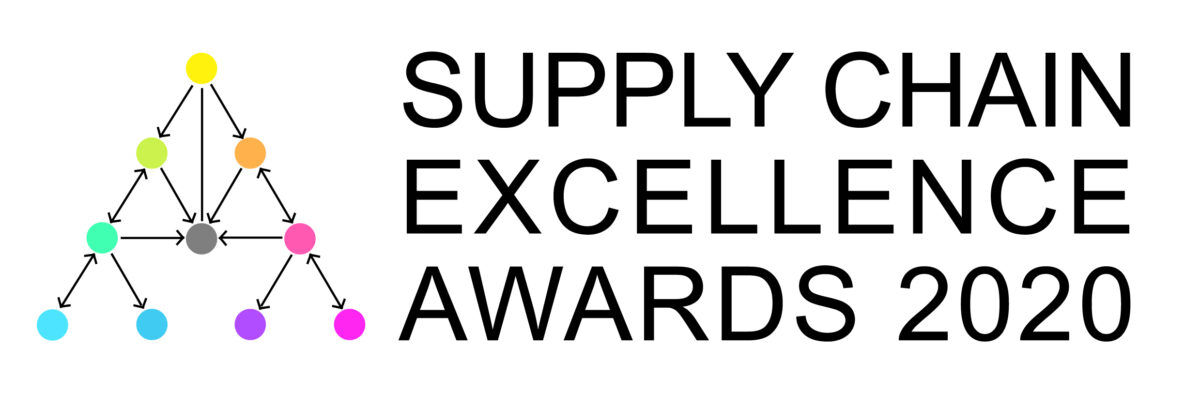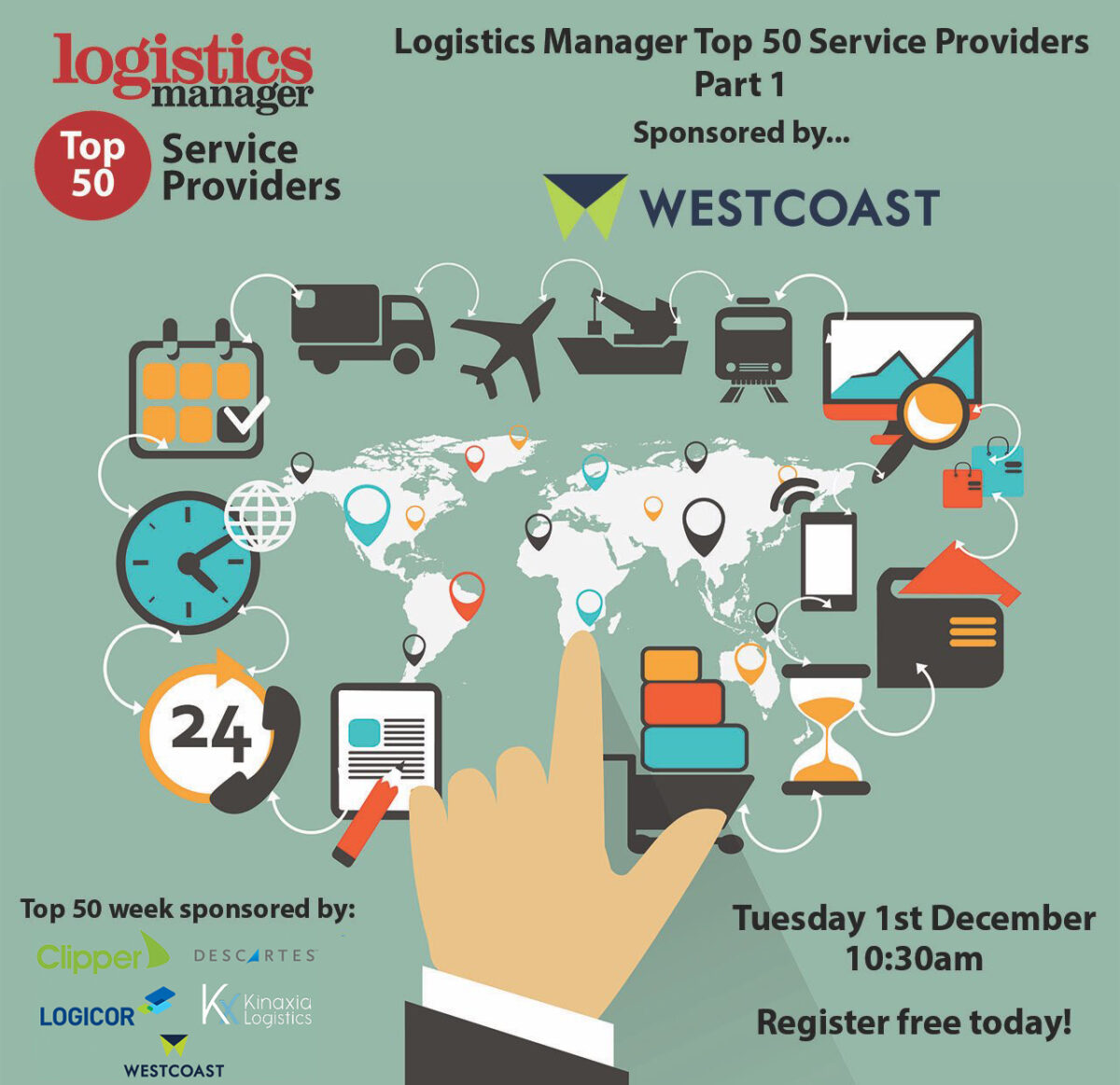With manufacturing moving East, storage requirements are shifting from ‘goods for manufacture’ to space for a growing flow of imported products. Patterns are changing, but the trend is for ever more space. Can the developers keep up with demand?
Author: Alexandra Leonards
With warehouse management systems increasingly expected to contribute to the velocity and visibility of items in the extended supply chain, the boundaries between WMS and ERP are blurring. It’s clear, the warehouse can no longer operate in isolation.
‘Water is heavy’, says the supply chain director for water worldwide at foods company Danone
Flemish innovation
New standard assesses logisticians’ competences
Opening up frontiers in logistics – broadening opportunities
Despite its poor reputation, outsourced procurement is an increasingly valid option – relationships are the key
The last month has seen many of the largest European logistics companies release their financial results for the full year 2003. Largest of them all, Deutsche Post, announced that it exceeded €40 billion in revenues for the first time.
Not that long ago the dream of automating procurement for indirect, and even direct, goods was seen as not far off. So why is this Utopia so illusive, and how can it be attained? There may be a simple answer.
Wanting improvement through the implementation of a network strategy is one thing, but achieving that improvement is another.






